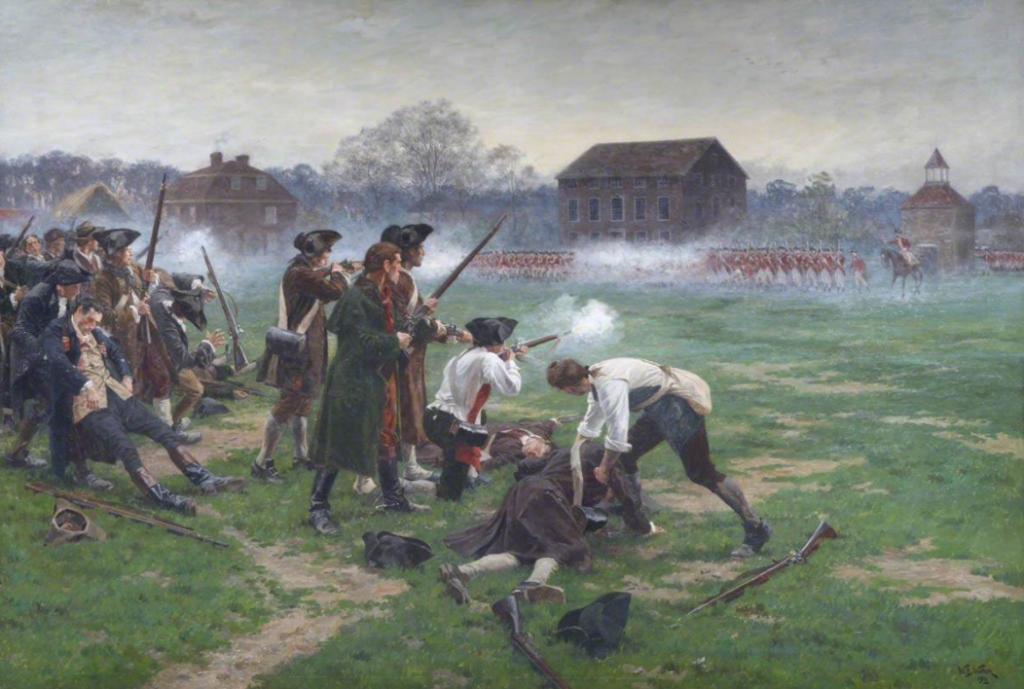

Maps

Records

Timeline

Pictures
From “Heritage History of Chester County, South Carolina 1982” Published in Chester, South Carolina
CAPTAIN WILLIAM GASTON
William Gaston was born on June 5, 1743, the son of John and Esther Waugh Gaston. Sometime between 1750 and 1760, William Gaston moved with his father and mother from Pennsylvania to the valley of the Catawba River, in present Chester County, South Carolina. They lived on the south side of Fishing Creek.
William Gaston married first Jean or Jeannette Love, daughter of James and Martha Love, circa 1759. James Love was born circa 1700, in County Antrim, Ireland. James and Martha Love immigrated to Pennsylvania and thence to Chester County by 1751. James Love was a weaver and had North Carolina land grants on Love’s Creek and Broad River (Love’s Ford). James Love died in Chester County in April, 1760, and is thought to be buried in Irish Graveyard, Chester.
William Gaston and his wife, Jean Love Gaston, lived on Broad River and Turkey Creek and owned land in both Chester and York Counties. William Gaston was a Justice of the Peace, Justice of the Quorum and figured prominently in early records of Chester County. To this couple was born one child, Jane Gaston, born circa 1760.
William Gaston enlisted on September 25, 1775, and served as a captain in the New Acquisition Militia under Col. Edward Lacey. Captain William Gaston was in the Florida Expedition in the battle with the Indians at Ogeechee River. Jean Love Gaston died during the Revolutionary War.
In the book Gaston of Chester, pages 15-16, the following article is quoted: “Loud and long were the curses of Housemen levelled against old John Gaston (William’s father). The arch rebel, he declared, must be taken, dead or alive, and the king’s loyal subjects were called upon to volunteer in the exploit of capturing and bringing to Rocky Mount a hoary headed man, past seventy years of age, for the crime of being the friend of his country and bringing nine sons into the field. Before the sun rose, about twenty redcoats were fording Rocky Creek, and winding their way along the Indian trail leading to Gaston’s house. The thirst for revenge rankled in their hearts, and destruction and murder were in their purpose; but the God who protects those who place reliance on Him in all trial and danger, had opened a way of escape for the patriot’s family. His wife and little Jenny (Jane), the daughter of his son, William Gaston, providentially advised of the enemy’s approach, had quitted the house.
In her flight, Mrs. Gaston carried her family Bible in her apron, and with her motherless granddaughter hid near enough to the house to hear the British and Tories as they ransacked her home and premises. The soldiers hacked the chairs with their broadswords, tore open the beds and broke the glassware. They sliced up the books, among them some valuable volumes and the family Bible of the Reverend Hugh Gaston, and scattered his manuscript sermons on the floor. The house was plundered of everything of value and the stock carried off.
Mrs. Gaston spent much of her time of concealment in prayer. In the fervor of her supplication, she prayed aloud. Little Jane in telling the story years afterwards remembered that her grandmother became so audible in her communion with the Deity that she all but gave away their hiding place to the marauders.
The night following the raid, Mrs. Gaston and her grandchildren took refuge in the home of Thomas and Jane Gaston Walker, parents of Alexander Walker, who later married Esther Gaston. Of their personal belongings, the Gaston’s family Bible alone escaped undamaged. The bare walls of their home and their lands were all that remained of over twenty years labor and saving.”
William Gaston married Ann Porter after the death of his first wife. In the book Gaston of Chester, page 28, is recorded the following account of William Gaston: “During the period of readjustment and governmental reorganization after the Revolution, Justice John’s eldest son, Captain William Gaston, became leader and spokesman for the Gastons. He had been appointed a Justice of the Peace for Camden District in 1776 with his father. In this capacity, he continued to serve when his section became successively Chester County in 1785 and Chester District in 1780. . . . William Gaston was a captain in the Chester County Regiment according to the City Gazette, January 9, 1795, and appears as “William Gaston, Esquire” owner of five slaves in the U.S. Census of 1810. William Gaston died in 1814.